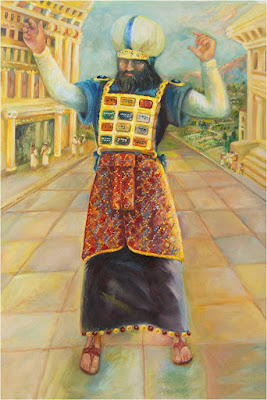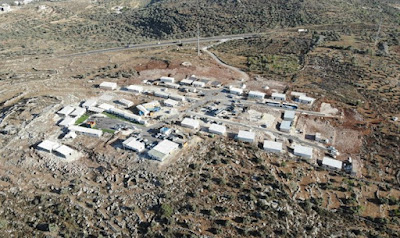by Rav Eliyahu Maman (adapted from Rav Tzvi Yehuda HaKohen Kook's classes, in honor of the 40th anniversary of Rav Tzvi Yehuda's death this week), yeshiva.co, translated and adapted by Hillel Fendel
The Sin of the Golden Calf is certainly the most blatant and central story in this week's Torah portion of Ki Tisa. And when exactly did this terrible act take place? Right in the middle of the process of the Giving of the Torah! What joy there was when the Torah was given, not only for Israel, but for the entire world! Yet it was catastrophically marred by a terrible confusion, misunderstanding of reality, and entrapment by the Evil Inclination.
Rabbi Yehuda Halevy, in his famous work The Kuzari (1,97), taught that this terrible sin was not actually real idol-worship. Other great early scholars also took this approach, including the Rashbam, Ramban, HaChinukh, Or HaChaim, and others. Much later, the Shem MiShmuel, who died a century ago, wrote: "On the innermost levels, Israel did not sin… only externally." That is, it looks like idol-worship, but there is a very slight difference.







